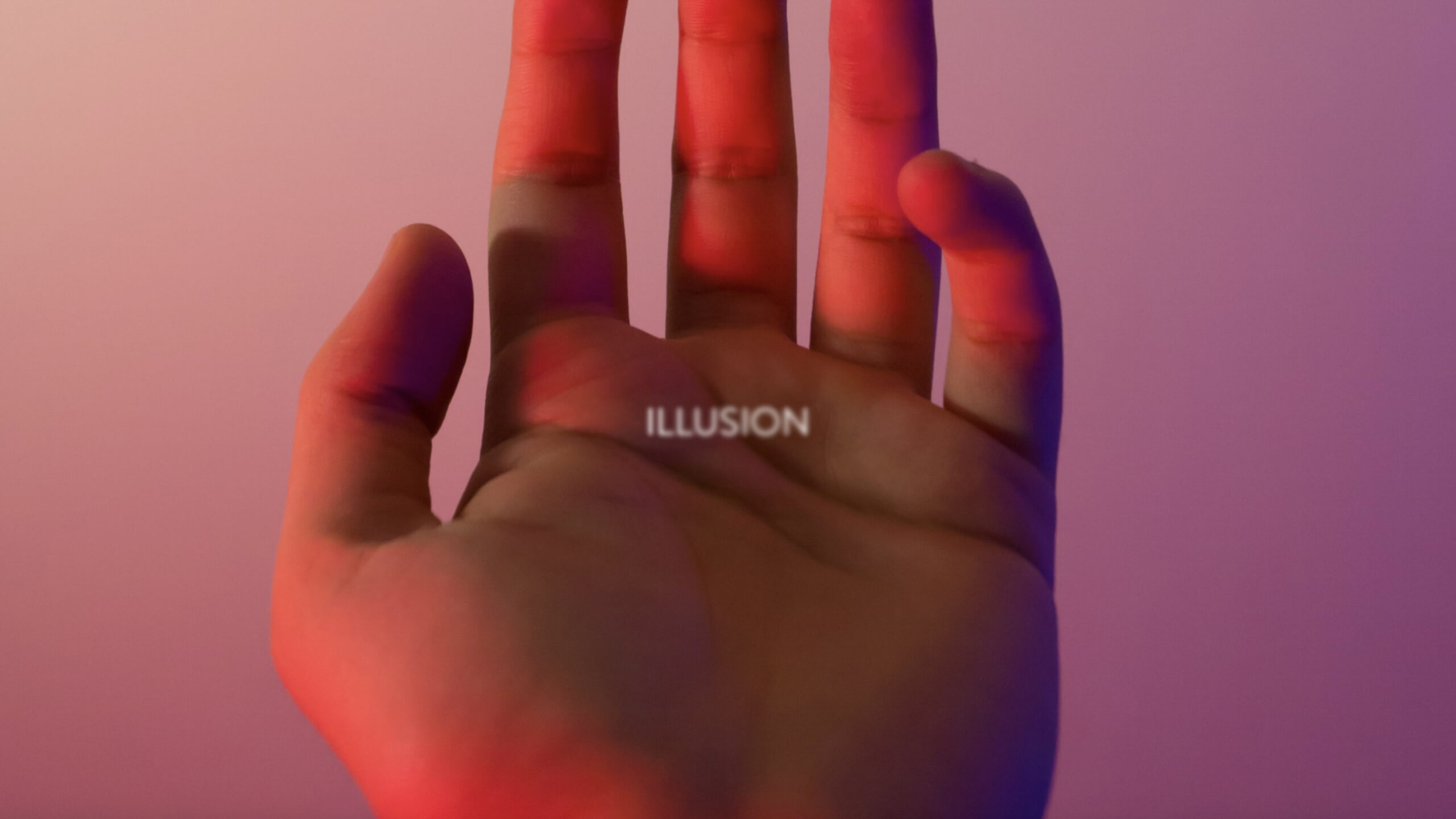This text was written by Itai Palti for The City we Have in Mind (16th July, 2020) and was the basis for the narration by Upali Nanda in “To Shape and Be Shaped”, the opening performance to Conscious Cities Festival 2020.
Illusion
“Your skin doesn’t separate you from the world; it’s a bridge through which the external world flows into you, and you flow into it.”
These are the words of Alan Watts, a British writer who popularised Eastern philosophy to Western audiences. It represents, to me, the need for society to grasp that we are under a persistent perceptual illusion of separation between self and surrounding.
The illusion, albeit a seemingly comforting one, reduces the complexity of reality to what we believe we can comprehend, and simultaneously robs us of perceiving the interconnected nature of the physical and meta-physical.
The city that helps us overcome this illusion is one that will break the cycle of individualism, one that will illuminate how person, thought, building are all manifestations of the same force: Intent.
Intent
It is through an understanding of intent that we gain a lens into how we shape the city, and how it in turn shapes us.
When we begin to see architecture as living intent, a manifestation of the ideas and actions of its creators, we will be encouraged to rethink the who, what and why of the built environment.
Driven by the illusion of separation, we have used the physical world to impose ownership or power on our surroundings and on one another. But we also see efforts to use design to connect and inspire humanism.
When we are able to observe the lack of ourselves in our own surroundings, because of the way cities are shaped, because of the way decisions are made, then we will ask, “whose intent are we living in?”
Inertia
And we will also ask, how did we get here? How did the mound of mistakes grow to such a size that we can barely see beyond it?
How did we create cities that segregate and isolate, that keep the poor, poor and make the rich, richer? How did we create cities that have deprived the weak of agency, and all of connection and purpose?
The city is a reflection of our values, built out of all the micro decisions guided by our culture. We created such cities because they are the primary tool for cementing a chosen reality into being.
It is social inertia that blindly drives us, making it difficult to break deep-set habits picked up from our environment, both physical and social. Our own decisions are then guided by that reality, and so on, goes the cycle propelled by its own devices.
How do we gather the courage to jump off of the band-wagon and take a look from the outside how much of our identity and behaviour is inherited and then passed on. What will we discover that we need to unlearn?
Unlearn
The future city should ask us to counter our desire for familiarity with a critical approach that also questions it.
I don’t believe that we can even imagine what a human-centred, healthy and democratic city will look like. Our own vision and foresight has already been narrowed and blurred by all we’ve learned. But what if we could learn to unlearn?
What if we could put into motion a change that begins with the reconsideration of daily decisions, happening everywhere that collectively navigate us into the future?
To reconsider how we articulate intent?
To ask whether architecture is used to answer to the needs and desires of those affected?
To question if our process is transparent, and if we commit to going beyond intuition in our assumptions of how people experience their world?
It’s these decisions that will lead to a future city that can reshape the rocky foundations our society perches on.
Reshape
Can we ask what it means to reshape the design professions? To shift our appreciation of good architecture towards the successful representation of shared intent, rather than the “god-sent” vision of single individuals?
Can we imagine what it means to reshape governance through the adoption of processes that value transparency, and accountability? Processes that can make governance immune to the tribalism of politics that ripple through our cities in the material and immaterial outcomes of policy.
Can we bring to life the dialogue between person and space, and use technology for the purposes of communication rather than imposition?
Can we become aware of how we reshape ourselves?

